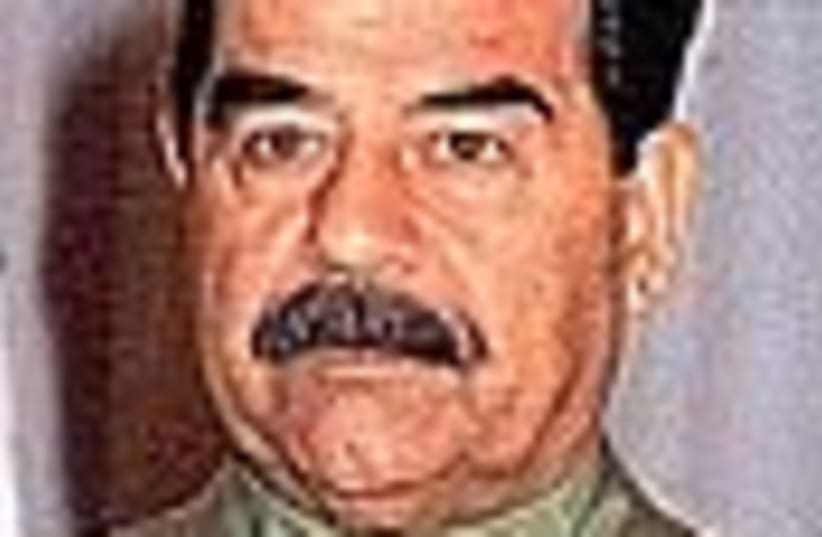| More about: | Saddam Hussein, George Galloway, Paul Volcker, Kofi Annan |
Report: Rampant corruption in Iraqi oil-for-food program
UN report lists 2,200 companies that made about $1.8 billion in illicit payments to Saddam's gov't.


| More about: | Saddam Hussein, George Galloway, Paul Volcker, Kofi Annan |